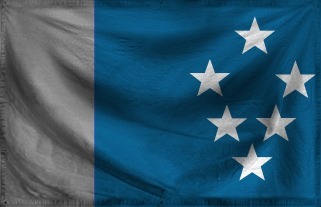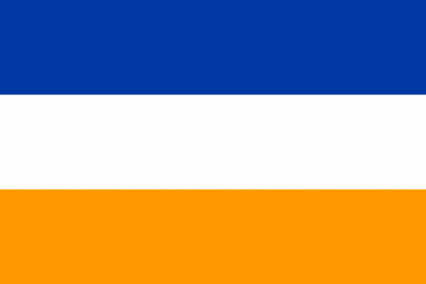






THE WESTERN ISLES NATIONBUILDING PROMPT 2020-2021
-=-
Welcome to the Western Isles Nationbuilding Prompt OOC thread.
Every two weeks, the Secretary of Role-play shall release a theme for the nationbuilding prompt every two weeks. Members of the region can submit any works related to the nationbuilding prompt, both IC and OOC. IC works, such as stories and literature, will be posted in the Citizens thread. As for OOC works, including but not limited to, art (TWIsle Balls, drawings, art, music, etc.), information (dispatches and fact-books), and OOC discussion, they shall all be posted here.
Once the two weeks has elapsed, the Secretary of Role-play shall pick the best works in different categories and shall be featured in the monthly report. All responses here shall be catalogued and compiled.
I invite every member of the Western Isles to be creative and imaginative. Introduce us your nation in your perspective. How your nation lives, breathes, acts, and does. Be descriptive, vivid, and thorough. We want to see the full picture of your nation and how it works.
List of Nationbuilding Prompts
- Holiday Cheer and a New Year - December 23, 2020 - January 4, 2021
- Change - January 5, 2021 - January 17, 2021
- Justice: The Law - February 5, 2021 - March 6, 2021
- The Basics: Language - March 6, 2021 - March 30, 2021
- To Know Thy Weakness - April 11, 2021 - May 1, 2021











